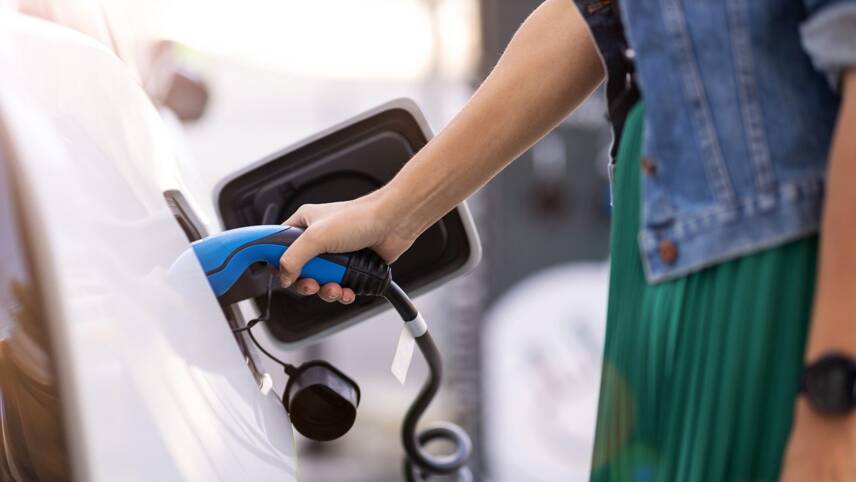Register for free and continue reading
Join our growing army of changemakers and get unlimited access to our premium content

Many businesses had other immediate issues to deal with aside from transport
The Keener to be Greener study was conducted among 300 fleet decision-makers on behalf of Bridgestone Mobility Solutions. It found that only 53% of fleet managers feel they have adequate plans in place to decarbonise transport in alignment with net-zero.
Survey respondents cited a lack of specialist EVs for different business needs (47%) and a lack of rapid charging infrastructure (by 41% of respondents) as the major barriers to getting buy-in for EVs.
Additionally, 61% of businesses noted that a “cultural shift” was needed within their company in order to get more decision-makers on board with transport decarbonisation, while 57% claimed that EVs were competing with more immediate business interests.
However, 57% did acknowledge that fleet decarbonisation would bring in reputational benefits, hinting that more businesses may be willing to act in this area.
“Transport electrification is gathering pace but establishing a management strategy for fleet decarbonisation is viewed by many as a challenging undertaking,” Bridgestone’s EMIA vice president for the North Region Andrea Manenti said.
“Not only must businesses plan for transitioning to electric vehicles, but also for optimising their operations – from maximising electric miles to ensuring effective charging, maintenance and service delivery. Data insights generated by dedicated software solutions are a critical ingredient to helping simplify this process, enabling fleets to make the right decisions at the right times.”
Some of the UK’s largest commercial fleet operators, including Royal Mail, BT and Tesco, have committed to converting their fleets to British-built EVs by 2030 at the latest, if the Government can overcome barriers related to grids and charging infrastructure.
Working with the Government’s Electric Vehicle Fleet Accelerator (EVFA), bp, BT, Direct Line Group, Royal Mail, ScottishPower, Severn Trent and Tesco have agreed to work collaboratively to increase the uptake of EVs in the UK. The companies and EVFA members have committed to converting their fleets to EVs by 2030 and to buying 70,000 British-built electric vans, provided the Government introduces enabling policies.
Separate research suggests that UK businesses planned on spending £15.8bn on EVs between April 2021 and March 2022, a 50% increase in spending from the previous year.
Additionally, businesses involved in The Climate Group’s EV100 initiative have collectively rolled out more than 169,000 EVs, with 89,000 having been rolled out in 2020 alone.


Greater use of EVs—fine.
But let us not forget that the electricity to charge these machines must be generated elsewhere. There is no free lunch.
If the current derives from fossil fuel, and most of does, the power has a carbon footprint.
Renewables are all nature based, and grab it when you can get it sources.
The sole power generator which is under our control, and carbon-free is nuclear energy, and we have about 20% at the moment. It could usefully be doubled to serve base load generation.
Energy should be under Government control, but there is a lot of profit in it, so it won’t happen.
Hey;ho!
Richard Phillips